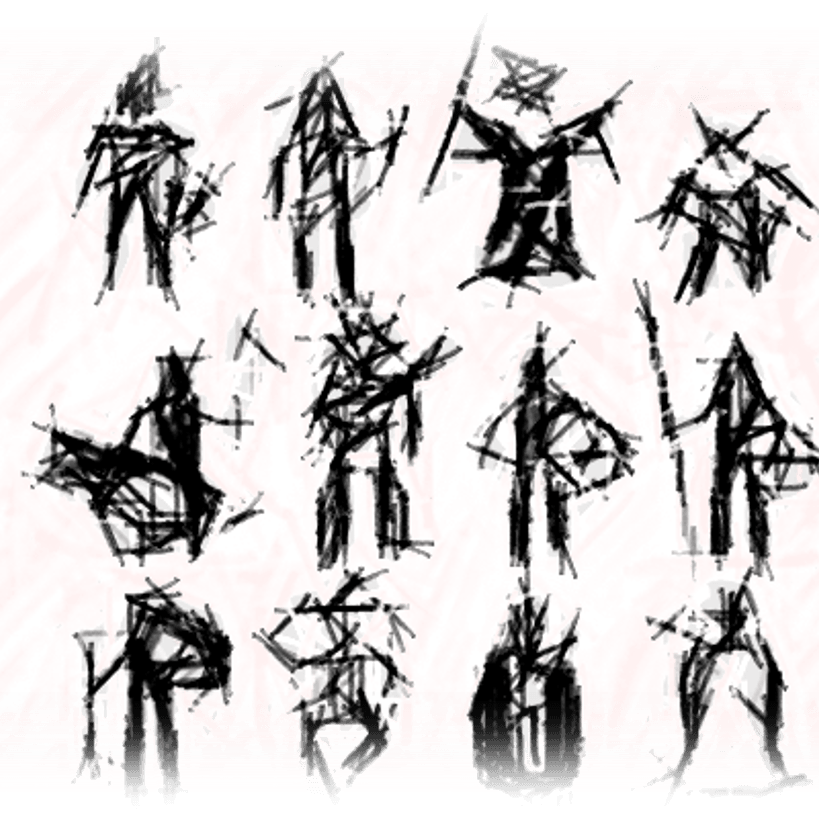The Way I Work
I blend different tools and techniques from proven therapies like CBT, ACT, and positive psychology to support
your unique journey. That means we’ll look at unhelpful thought patterns, build practical coping strategies, and strengthen the things that help you thrive — like
resilience, values and mindset.
My approach is flexible and tailored to you, so we can focus on what works best to create meaningful, lasting change — in a way that feels right for where you are now.
Read more about the approaches I can offer below.
Neuro-linguistic Programming
NLP is like learning how to understand language of your unconscious mind so that it will finally understand what you actually want to live life in a meaningful way.
It was developed by Richard Brandler and John Grinder, in USA in the 1970s, modeling excellent communicators and therapists who got results with their clients.
NLP is more than just tools and techniques; it represents an attitude and approach to achieving goals and getting results. It includes pre-suppositions that help examine daily thoughts and behaviors. Since we interpret the world through our senses, NLP aims to uncover the "coding" behind our actions and emotions, allowing for the development of more helpful perceptions and behaviors.
Every decision, thought, and emotional response is uniquely analyzed for each individual. By adopting more useful strategies from different experiences and role models, clients can overcome limiting beliefs. Language plays a crucial role, particularly in self-talk, and NLP can help reframe past perceptions and resolve old issues. In an NLP session, clients learn to see their world differently and can experience life-changing transformations through guided techniques.
Cognitive Behaviour Therapy
CBT has widely been recognised as an effective model of psychotherapywhich has become a popular, evidence based alternative to medication in the mental health profession. It is based on the connection between thoughts, emotions, feelings and behaviours. It looks at how our feelings are based on distortions of thinking, leading to unhelpful patterns of behaviours such as anxiety, fears, confidence and depression. As a type of talking therapy, clients are guided into recognising unhelpful thought patterns, identifying triggers and understanding past experiences. Through structured sessions, clients can overcome their automatic negative thinking and gain more control of how unresourceful reactions can be changed into resourceful responses in order to deal better with current issues and challenges of daily living.
EFT -Emotional Freedom Technique
EFT, similar to acupuncture, targets
meridian points to balance the body's energy, which may help
alleviate symptoms from negative emotions or experiences. These points are seen as pathways for energy flow, and imbalances can lead to illness. Proponents believe that EFT tapping accesses energy and
signals the brain to reduce stress and negative emotions, restoring energy balance. EFT has shown effectiveness in
treating PTSD among war veterans, with a 2013 study reporting significant reductions in psychological stress and over half of participants no longer meeting PTSD criteria after EFT sessions. Anxiety sufferers have also found success with EFT tapping. Unlike acupuncture, which uses needles, EFT involves
fingertip tapping.
Brainworking Recursive Therapy
BWRT is defined by Terence Watts – the leading therapist who developed it – as an approach grounded in science.
'It uses natural psychological processes to recondition neural pathways in the brain that lead to unwanted behaviour.'
As a client, you don't even need to discuss your problem in any great detail at all. As long as you can remember how it makes you feel and react, you can be relieved of all kinds of issues.
BWRT works by reprogramming the brains automated response. Its origins stem from the Libet's experiment which set out to test the notion of free will, involving pushing a button on impulse.The subject was wired up to record activity triggered in the brain which was proven to occur 550 milliseconds before the subject had ‘decided’ to push the button. This then suggests that our awareness in deciding to take action has arrived after activity has already started in our ‘unconscious’ mind.
It is this cognitive gap which forms the basis for the success of BRWT, in that therapy can be directed straight to the neuralpathways where the presenting problems occur, and act as an interupt to the automatic neural response.
During a BWRT session, the client simply has to have access to the emotions and feelings underneath the limitating behaviour of concern, without having to spend too long recollecting often painful memories and experiences. By choosing how they would prefer to feel in response to identified triggers, the client relaxes while BWRT guides the brain into creating new neural pathways, to replace the old connections which allows the client to become free from past issues quickly and effectively.
WSN Counselling
Warriors, Settlers and Nomads is a groundbreaking model of parts therapy founded by the renowned phsycotherapist, Terence Watts.
Based on the theory of genetic inheritance, with the concept of evolutionary psychology, our basic characteristics, personality traits and behaviours have been passed down to us from our ancient ancestors dating back to the three main tribal archetypes; the Warrior -resolute, in control decisive strategist, the Settler -optimistic, caring,community negotiator communicator, and the Nomad - charismatic, independant, creative, joy seeker.
Once we discover your predominant type, we work through resolving your issues through eliminating internal conflict, and accessing the hidden resources of all your inner and outer personality types, which have lain dormant for some time.
This accessible, fun therapy can open the door to amazing insights into who you really are and moreover, who can can potentially become!
Acceptance and Commitment Therapy (ACT)
ACT stands for Acceptance and Commitment Therapy, a psychotherapy type that focuses on accepting thoughts and feelings while committing to actions based on values. It is a kind of cognitive-behavioral therapy (CBT) that helps people become more flexible in their thinking and live better lives despite difficulties.
ACT emphasizes accepting thoughts and feelings without judgment and encourages commitment to values-driven actions, even when faced with tough emotions. The main goal is to enhance psychological flexibility, which means being present, accepting inner experiences, and taking meaningful actions.
Key concepts include cognitive defusion, which separates thoughts from actions; identifying core values; and committed action, which means taking steps aligned with one’s values despite challenges. ACT is used to treat mental health issues like anxiety and depression and is beneficial for overall well-being in various settings.
Hypnotherapy
Hypnotherapy can be described as a heightened awareness, focus and attention. You are helped to reach a relaxed state or trance through guided visualisations and imagery to calm the thinking mind and allow the subconcious mind to focus more deeply on a particular problem.
Gentle suggestions for behaviour changes are really effective during this trance state as you are guided through issues into solutions.
Some people remain fully aware during the entire experience. They recall everything that happens and are able to have conversations while under hypnosis. Other people may experience deeper states of relaxation that they may feel detached from what is happening.
Hypnotherapy does not cause you to forget what happened. You will not be asleep or unconscious, and you will be able to break the hypnotic trance at any time.
During hypnotherapy, you remain in control. It is not possible for anyone to force you to do anything against your will, even under hypnosis.
Thinking of getting in touch? I'm here to help!
If it keeps playing on your mind, and you need someone to talk to
.........talk to Lynne!





